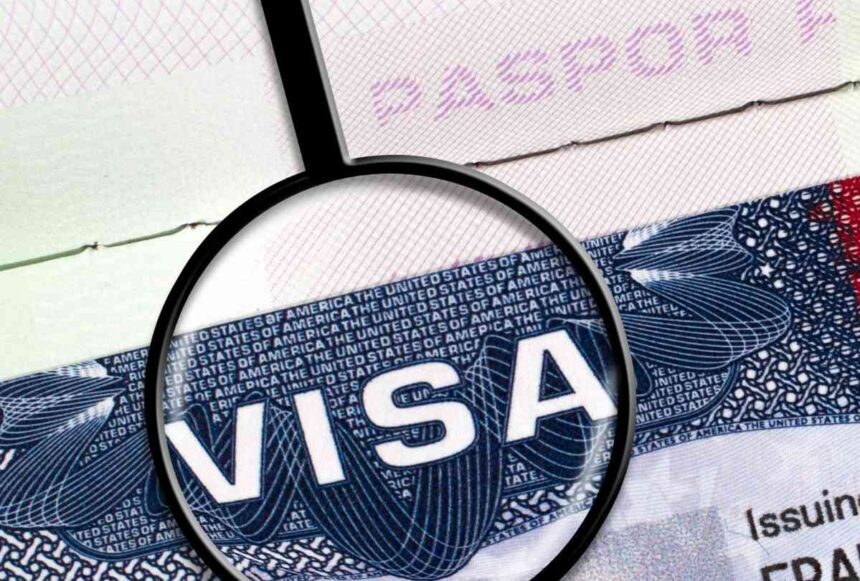Background of the Visa Revocation
On April 22, 2025, a terrorist attack in Pahalgam, Jammu and Kashmir, killed 26 people, most of them tourists. In response, India canceled all visas for Pakistani citizens, including medical visas. While most visas were revoked by April 27, holders of medical visas were granted until April 29 to complete treatments and leave the country. This decision to India Cancels Medical Visas disrupted medical tourism, especially for Pakistani patients receiving critical treatments in India. Hospitals faced challenges managing ongoing cases, and many patients were forced to seek alternative care. The cancellation of medical visas not only affected healthcare access but also impacted India’s medical tourism industry, which attracts international patients for specialized treatments. The move to revoke medical visas has had far-reaching consequences on both patients and healthcare providers, highlighting the deep intersection between security policies and medical tourism.
Impact on Pakistani Patients
The sudden change of policy has made many Pakistani patients anxious. Several people who journeyed to India for lifesaving procedures like heart surgeries and cancer treatments had their medical arrangements going awry. For example, a Hyderabad, Sindh father begged to get an extension in order to send his nine- and seven-year-old two kids for pre-arranged heart surgeries.
Patients and families, already weighed down by medical issues, now have to contend with the added pressure of traveling to Pakistan or other nations to pursue alternative treatment, usually at greater expense and with longer waits.
Wider Diplomatic Strains
Pakistan and India have taken the cancellations of visas as just one set of retaliatory steps since the Pahalgam attack.
India also put on hold the Indus Waters Treaty, shut the Wagah border, and sent out Pakistani defense attachés. Pakistan retaliated by shutting down trade with India and restricting Indian flights through its airspace.
Humanitarian Concerns
While national security is the overriding concern, suspending medical visas en masse creates humanitarian issues. Patients with severe medical conditions find themselves in the middle of diplomatic crises, making it imperative that there be provisions for medical exceptions even during times of strained diplomatic relations.
Conclusion
India Cancels Medical Visas – India’s foreign office decision to revoke medical visas for Pakistani citizens, while mitigating against security risks, has unintended outcomes on innocent patients in need of vital healthcare. The cancellation of medical visas has disrupted access to critical treatments for many Pakistani patients already undergoing care in India. As the two countries go about their diplomacy negotiations, it is important to think through the humanitarian aspects of such a policy. The revocation of medical visas highlights a growing concern about how national security measures can sometimes overshadow the immediate healthcare needs of patients. The ophthalmology wing at Max Hospital offers high-end procedures such as LASIK surgery, cataract surgery, and treatments for eye conditions such as diabetic retinopathy and glaucoma, earning the hospital its renowned status.
.



